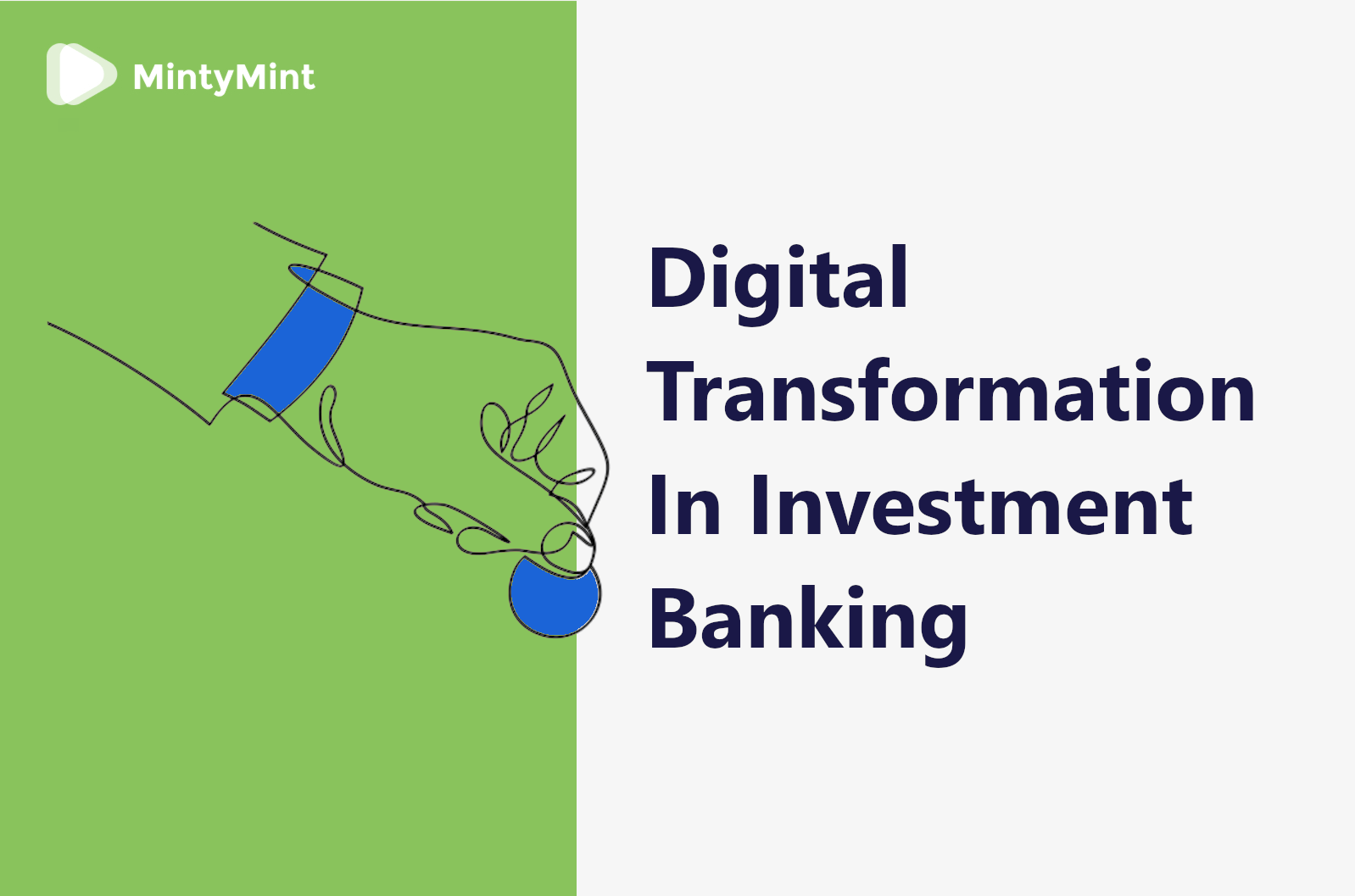E-commerce is purchasing and selling goods and services via the Internet. In March 2021, e-commerce sales grew across most retail sectors by 74%, compared to March 2020. How to integrate the e-Commerce platform successfully?
The e-commerce website must act as an enabler for improving sales and overall profits, representing an emulation of the physical shopping experience.
That’s why the best e-Commerce websites operate as a tightly-intercoupled ecosystem of additional applications.
Customer service can be accomplished under the following criteria:
- The e-commerce platform;
- Payment gateways;
- Cloud computing services and infrastructure;
- ERP and CRM systems;
- Shipping and delivery systems;
- Supporting marketing, customer service, and engagement integrations.
These items allow seamless data availability, high accuracy, and valuable customer after-service. Let’sLet’s get to know all the vital points in the following article!
CRM vs. ERP Integration
Enterprise resource planning (ERP) and customer relationship management (CRM) are the leading software solutions for automating basic business procedures. CRM enables companies to handle how customers interact with their businesses, whereas ERP helps companies run thriving operations by combining their financial and operational systems into a single database.
Securing your digital storefront feeds data to the CRM platform is critical for delivering a customer experience and customized marketing offers. CRM data is also a goldmine for advanced predictive analytics solutions such as:
- Product recommendation engines;
- Cross-sales/up-sells offers;
- Customized email marketing campaigns;
- Demand forecasting;
- Customer Lifetime Value management.
ERP systems are the key to providing streamlined customer-centered supply chain management, augmented by real-time market data. Since most retailers now serve in the omnichannel environment, providing real-time connectivity between the e-commerce operations and the ERP system.
Cloud Services
Cloud technologies’ advantages are well-known now – instant scalability, rapid elasticity, broad network access, and resource pooling. For more comprehensive e-commerce platforms, being in the cloud is the same as having undisrupted processes.
Correctly configured cloud architecture is essential to confirm all the microservices architecture elements, powering integrations with payment processors, completion centers, and so on.
Chatbots and Configuring Services
AI adoption in retail is strong despite the unstable business environment, especially regarding customer-facing solutions like chatbots. Such a solution is precious for such points as:
- Conversational Commerce –AI-powered chatbots improve customer experience through personalized deals, product reviews, and cross-sells that further ramp up the average customer lifetime value.
- Customer Service – intelligent assistants resolve customer questions quicker and manage up to 68.9% of chats. Chatbots’ increased speed and resolution efficiency are evaluated to enhance up to 30% of operational business savings.
The most common expected uses for chatbots that consumers said contained:
- Getting quick answers to questions in an emergency
- Resolving a complaint or problem
- Getting detailed answers or explanations
It’s also worth mentioning that up to 34% of consumers predicted that they’d use chatbots as a means of having a human conversation & human interaction.
Best Integrations for an e-Commerce Company
As e-Commerce companies look to scale and grow their businesses, they often turn to some of the best e-Commerce data integrations to help them automate critical processes and improve efficiency. Many different applications and software are available that can be integrated with a customer data warehouse integration platform designed for e-Commerce.
Website Builder
Website builders are one of the best e-Commerce data integrations for your e-Commerce company. You can easily create a professional-looking website using a website builder without programming or design experience. Moreover, most website builders come with a wide range of features and applications to help you run your business online.
Some of the best website builders for e-Commerce companies include Shopify, BigCommerce, and Volusion. These platforms offer everything you need to launch and manage an online store, including built-in shopping carts, payment processing, inventory management, shipping tools, and more. They’re all straightforward to use, even if you’ve never created a website.
Website builders are a great option if you’re looking for an e-Commerce platform that offers everything you need to get started. You can create a professional-looking website and start selling your products online with a few clicks. So, if you’re ready to take your business to the next level, consider using one of these platforms.
There are various shipping and fulfillment software programs on the market, so choosing one that will work well for your business is essential. Here are some things to look for in a reasonable shipping and fulfillment software program:
- Scalability
- Integration
- Customer support
- Price
When you’re looking for shipping and fulfillment software, it’s important also to find a user-friendly program. You don’t want to spend much time training your employees on using the software.
Email Marketing
Email marketing is one of the best e-Commerce data integrations, as it is a powerful tool that can help boost your business. Integrating email marketing into your overall marketing strategy can create a more holistic and practical approach to reaching your target audience and driving sales. Many different email marketing solutions are available, so choosing one that will work best for your company is essential.
SMS Marketing Solution
As your e-Commerce company grows, you will want to take advantage of new opportunities for marketing and growth with a few of the best e-Commerce data integrations. One way to do this is by integrating SMS marketing solutions into your existing ecosystem. SMS marketing can be a great way to reach your customers and promote your brand. It can also be used to drive sales and increase customer loyalty.
Social Media Management Tool
You’ve just realized that you need to start using social media to stay ahead of the competition. But with so many different platforms and strategies, it’s tough to know where to start.
That’s where social media management tools come in. Integrating these tools into your e-Commerce company saves time and effort while still getting the most out of your social media campaigns.
Website Builder
Website builders are one of the best e-Commerce data integrations for your e-Commerce company. You can easily create a professional-looking website using a website builder without programming or design experience. Moreover, most website builders come with a wide range of features and applications to help you run your business online.
Some of the best website builders for e-Commerce companies include Shopify, BigCommerce, and Volusion. These platforms offer everything you need to launch and manage an online store, including built-in shopping carts, payment processing, inventory management, shipping tools, and more. They’re all straightforward to use, even if you’ve never created a website.
Website builders are a great option if you’re looking for an e-Commerce platform that offers everything you need to get started. You can create a professional-looking website and start selling your products online with a few clicks. So, if you’re ready to take your business to the next level, consider using one of these platforms.
There are various shipping and fulfillment software programs on the market, so choosing one that will work well for your business is essential. Here are some things to look for in a reasonable shipping and fulfillment software program:
- Scalability
- Integration
- Customer support
- Price
When you’re looking for shipping and fulfillment software, it’s important also to find a user-friendly program. You don’t want to spend much time training your employees on using the software.
Wrapping Up
When the E-commerce world challenges tense and moves on to the global level, the retailers should become more deliberate with their technological choices. We have years of experience supporting many businesses to uncover the right integrations and get set up fast and efficiently.















